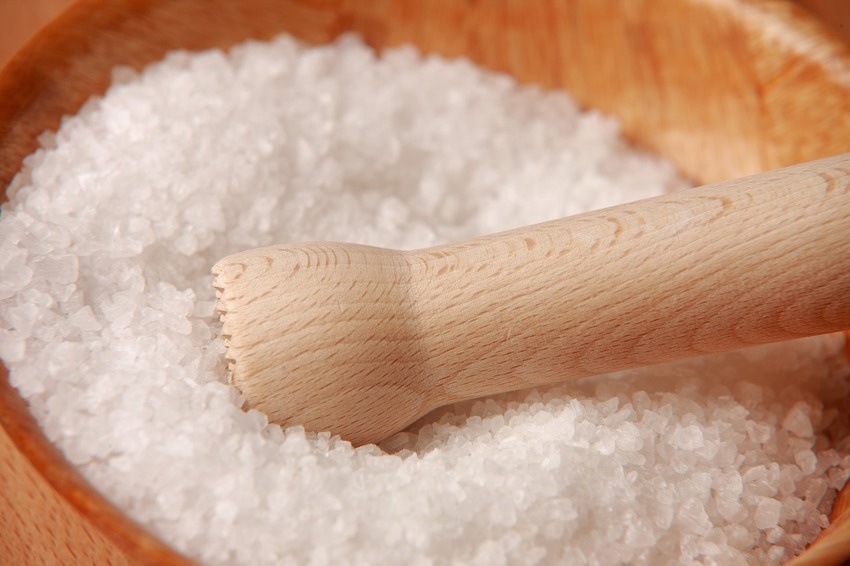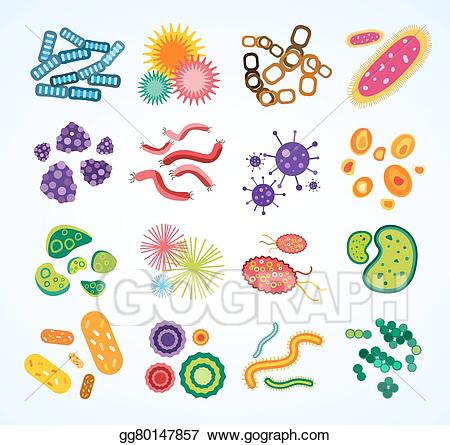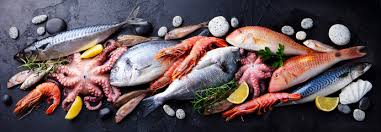How does exercise affect your gut microbiome?
Jun
27
It is well known that the microbes living in our guts are altered through diet such as dietary fiber and dairy products, which support the growth of beneficial bacteria in our gut. But mounting evidence suggests that exercise can also modify the types of bacteria that reside within our gut.
Inverse reported one study found exercise promotes the growth of bacteria that produce a fatty acid, butyrate. Butyrate can promote repair of the gut lining and reduce inflammation, therefore potentially preventing diseases such as inflammatory bowel disease and diabetes.
Inverse found a study of mice that were given a high-fat diet – increased Firmicutes and Proteobacteria in their gut, which are linked to type two diabetes and obesity.
See article at https://www.inverse.com/science/gut-health-exercise/amp











